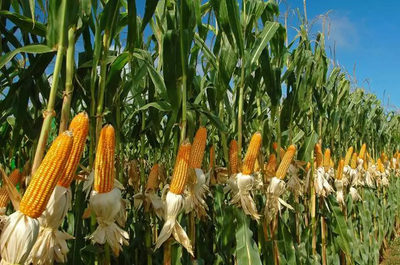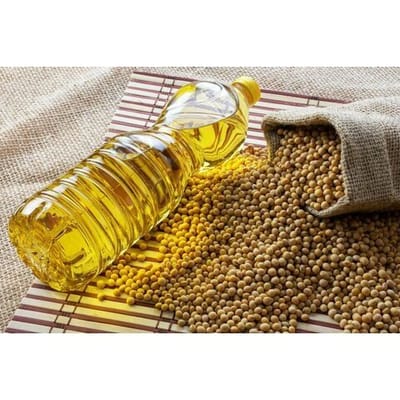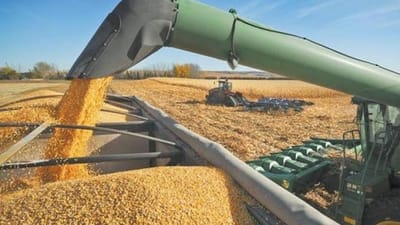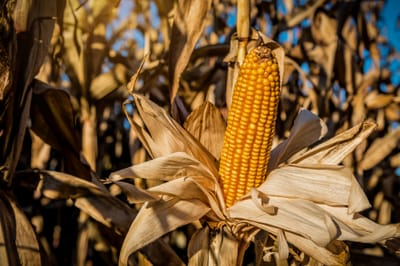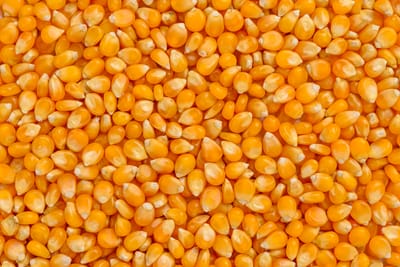MAIZE #Africa commodities News
The planned export is part of NFRA’s broader strategy to offload up to 1.1 million tonnes of maize from the country’s strategic grain reserves, while simultaneously ensuring national food security. The DRC is the primary destination market for the bulk of the maize, underlining the growing agricultural trade ties between the two neighbours.
Read MoreNigeria plans to double its soybean cultivation area by 2027 to improve food security, reduce imports, create jobs and boost the country’s export potential. The plan, implemented under the recently adopted National Soybean Policy and Strategy, aims to expand the current soybean area from less than one million hectares to two million hectares. The expansion is expected to produce an additional 460,000 tonnes of soybeans annually, significantly reducing the country’s production deficit, Chem Analyst News reports.
Read MoreBased on the premise that there are sufficient supplies for the local market, the Zimbabwe government has reinstated a ban on maize imports.Quoting a news report by Reuters, agricultural economist Wandile Sihlobo says the government wants to ensure maximum price realisation for the domestic producers before allowing imports
Read MoreIn times of abundant harvests, farmers and agribusinesses must be allowed to export and benefit from the global market. In times of droughts or floods, trade must still be allowed. Indeed, there may be short-term economic pain for consumers through higher prices in deficit years when imports are needed, but this induces farmers to plant more in the coming seasons. At times, governments ban imports to protect local farmers when they have ample domestic supplies, which are deemed sufficient to meet consumer requirements. However, that also limits the consumer’s choice and artificially increases the domestic price by restricting more competitively priced imports. Zimbabwe’s maize supply recovers I am highlighting these policy tradeoffs due to recent news from Zimbabwe. A report by Reuters, a news organisation, suggests that the Zimbabwean government has reinstated a ban on maize imports. The government believes that in the interim, there are sufficient supplies for the local market and wants to ensure maximum price realization for the domestic producers before allowing imports.
Read MoreMALAWI – The National Food Reserve Agency (NFRA) has announced an immediate increase in maize buying prices, a move aimed at encouraging farmers and traders to deliver more maize to the agency and strengthen national food security.
Read More